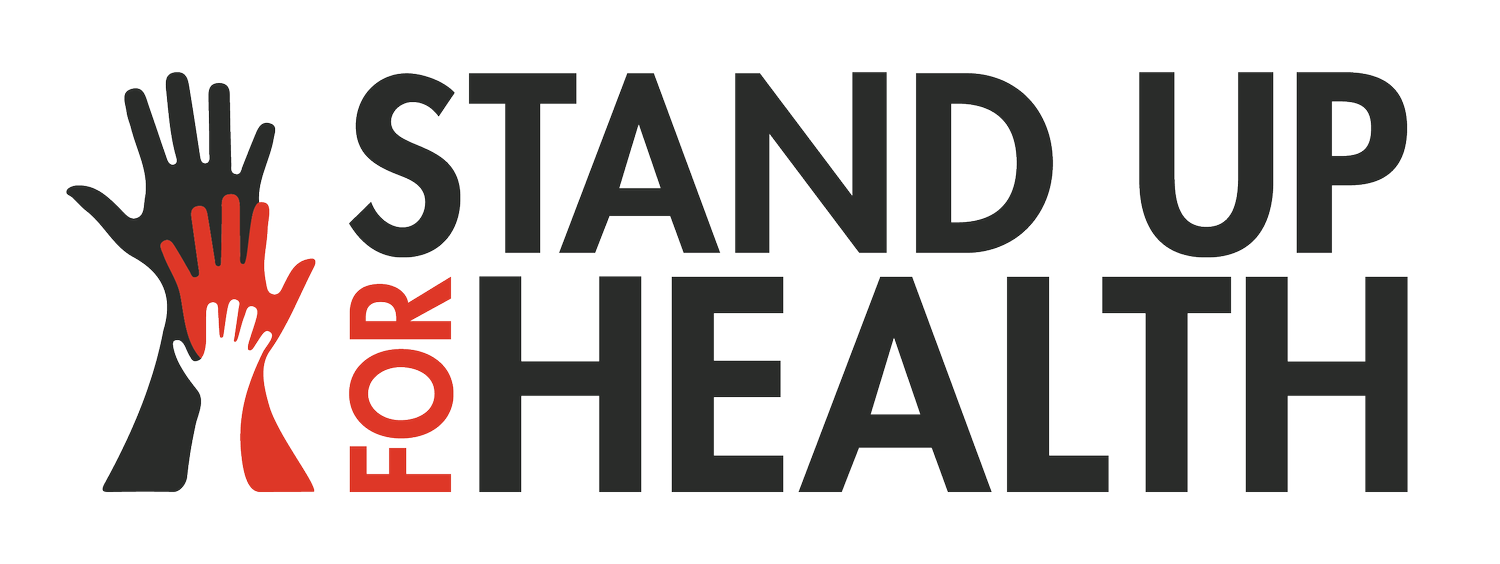About Us
Our mission: To provide EDI champions with the tools and support to deepen empathy and enhance patient-care across Canadian healthcare institutions
Our philosophy
We believe that the social determinants of health are not a list of facts to be known, but rather “conditions to be challenged”
Transformational pedagogy is the vehicle in which we have synthesized social accountability education principles, intersectionality, and critical theory to enable critical reflexivity and hence empathy building
Our curriculum is inspired by our own lived experiences, academic and community participatory research, and participant feedback. This stringent research is translated into narratives
Each narrative explores the deeply-contextualized lived realities of differently situated people
Scalability was top of mind as we designed this system; whether you have 1000 or 10,000 employees
Our track record
2000+
Front-line health professionals trained
10+
Partnerships with leading hospitals and academic institution
5+
Years integrated in leading Canadian medical school and residency curricula
Our Story
“What do you remember from your population health course?” This is the question I often ask both educators and students in health professional programs. Most reply with a medley of lectures, statistics, and the occasional illustrative graphic. They note that the concepts of the social determinants of health (SDOH) are very theoretical, making it a difficult subject to both teach and truly grasp. Despite educators’ best intentions, students often leave these courses with a superficial understanding of the concepts and memorized statistics that are carried into their careers as health practitioners. No one is at fault here, students aren’t actively avoiding a depth of understanding and professors are not bad at explaining the concepts. The medium is the message. The truth is, the SDOH is about people, and needs a human experience to make the facts, statistics, and graphs real.
Born and raised in Scarborough, I had twenty years of “human experience” to reflect on when I first encountered social determinants of health theory. What an empowering feeling – for the first time, my world began to make sense. Excitedly, I would talk to my classmates about what we had been learning, but disappointment set in once I realized that these concepts were not connecting with many of my peers. It didn’t take many conversations to recognize that it was my life experience that had made all the difference. The statistics and graphs – and the human experience they represented – were relevant and relatable to me, but not to many of my peers, who did not have the same exposure to poverty growing up. My passion for the SDOH and my strong desire to propagate this amongst my peers led me to create a unique, cutting-edge learning tool that would be as enjoyable as it would be effective. For my peers to “experience” the SDOH as I did, I started working to iteratively develop an intricate and immersive simulation: Stand Up for Health.
Today, Stand Up for Health has expanded to include multiple simulations, which consider the unique experience of diversely situated Canadians. We are a not-for-profit organization focusing on experiential learning, run by young health professionals. We are presently headquartered in Toronto, with regional chapters across Ontario and are looking to continue to expand our outreach. We hope that you are inspired to actively participate in the conversation about health and equity in Canada.
Sincerely,
Latif Murji, MD, CCFP
Founder, Stand Up for Health


